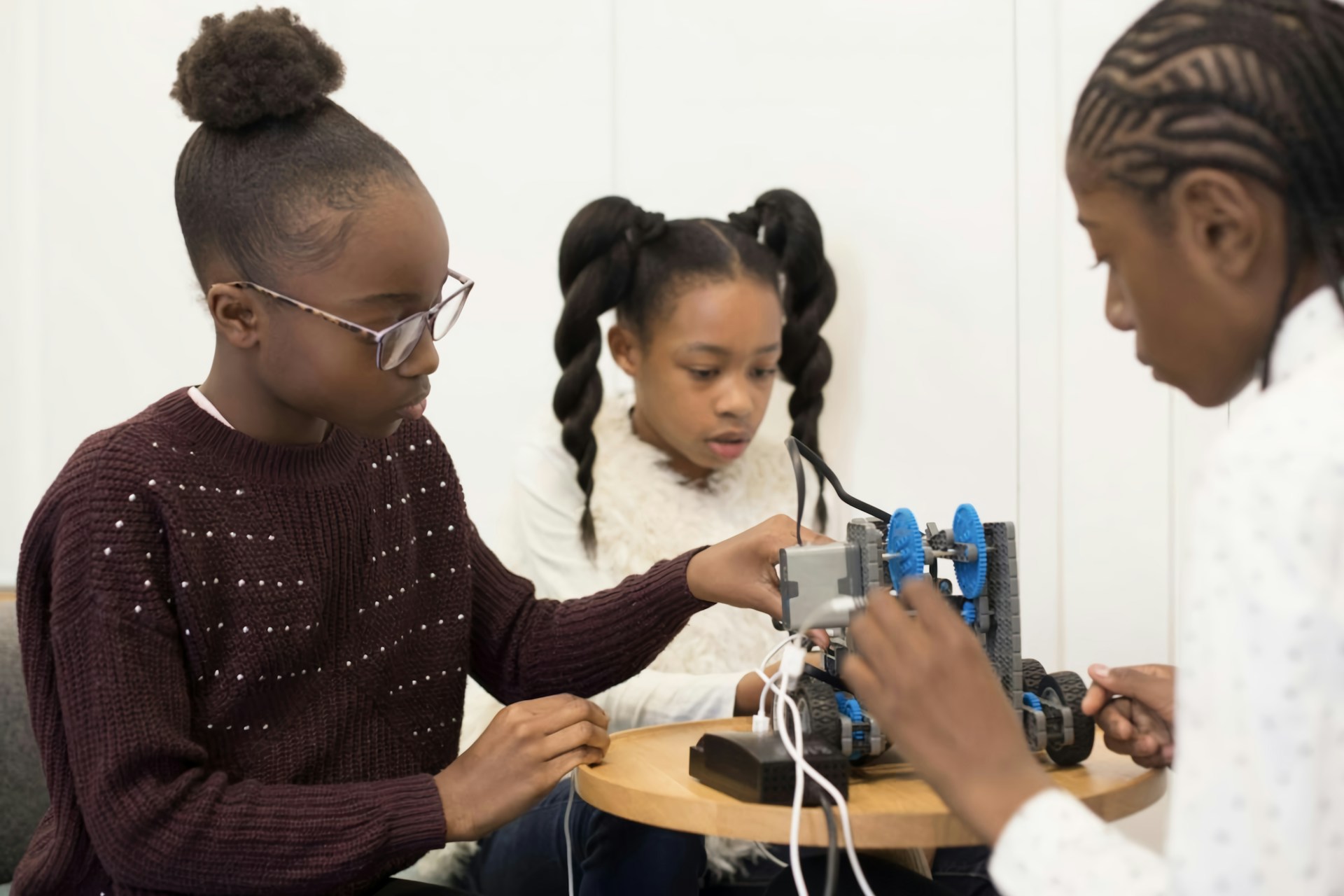
Students Love These Hands-On Mechanical Engineering Projects
February 18, 2020 - Emily Newton
Revolutionized is reader-supported. When you buy through links on our site, we may earn an affiliate commission. Learn more here.
Projects are great teaching tools that can grow a person’s interest in a subject. Engineering, for instance, is particularly suited to hands-on learning. Luckily, you can explore a wide variety of complex concepts through easy projects. An abundance of engineering jobs are available, and experts predict 12,800 new positions will open between 2018 and 2028. It can pay off for kids and adults alike to get interested in the subject. You don’t need unlimited resources to foster growth in the area, either. Below, find a list of hands-on, simple mechanical engineering projects for all knowledge levels — beginner, moderate and advanced.
Beginner Mechanical Engineering Projects
Are you ready to explore the field of mechanical engineering? Industry experts work with machines and mechanical challenges, including dams, transportation systems and industrial-scale manufacturing equipment.
With these simple mechanical engineering projects, you — or anyone you know! — can learn the foundation of topics like technical drawing and design, fluid dynamics, thermodynamics and more.
Rubber Band Paddle Boat
Rubber bands have many applications in demonstrating physics concepts. For this project, they’ll power the paddle made out of a cut-up milk jug and packaging tape. Other items you’ll need include a plastic bottle, chopsticks and Duct Tape. Once you assemble the boat, play with the rubber band’s placement to see if it changes the movement.
Propeller Car
You can use rubber bands to move vehicles on land, too. Make a rubber band-powered propeller car with nothing more than some ordinary craft materials. This easy project can teach children and adults alike about potential energy and laws of motion. Kids can also keep the car they’ve built as a fun new toy.
LEGO Water Wheel
Most people are already familiar with LEGOs, but did you know you can use them to learn about engineering concepts? With LEGOs and a garden hose, you can build a working water wheel to learn about fluid dynamics. You can also rebuild the project in different ways to see how the construction changes the flow of the water.
Moderate Mechanical Engineering Projects
As you grow and learn more about science, you can look into slightly more complicated concepts to stay engaged. Since these simple mechanical engineering projects require some problem-solving skills, you’ll have tons of fun.
Mechanical Hand
Building a functional mechanical hand can be two lessons in one. You’ll learn practical physics concepts and gain an understanding of how the human hand works. As far as materials, you’ll need plastic drinking straws, string, paper clips, modeling clay and an assortment of items you want to try picking up. Experiment with building a claw-like grabber that has two fingers with one joint each. You can also try a human-like human with five fingers and multiple joints.
Rube Goldberg Machine
You’ve probably seen Rube Goldberg machines before in movies and TV shows. Building whacky, impractical mechanisms to perform a simple task is a fun, engaging way to apply simple engineering ideas. Start with a goal you want to accomplish. Perhaps you want to knock a ball in a cup or knock over a row of dominoes. Then, design and build a machine that can get the task done.
Egg Drop Challenge
We’ve all heard of this project. You want to drop an egg off a ledge, perhaps from the top of a staircase, yet you don’t want it to crack. What can you do? Try to build a device that will slow the egg’s decent. Options might include a makeshift parachute or some type of cushion. You can get as creative or complex as you’d like. Plus, if you want to avoid a mess, you can hard boil the eggs ahead of time.
Advanced Mechanical Engineering Projects
Once you — or your kids — are ready, try out a project that will challenge your brain. These activities go beyond theoretical concepts and offer a taste of what real-world engineering looks like.
Trebuchet
In the Middle Ages, trebuchets flung boulders and tore down castle walls. Today, however, they’re an engaging and exciting mechanical engineering lesson. Designing and manufacturing a working trebuchet challenges you to use math in both an architectural and a mechanical sense. Once you have a fully built siege engine, try to launch an object over a certain distance.
Cardboard Hydraulic Arm
This project takes the mechanical hand activity to a new level. Instead of hand-operated levers and pulleys, you use hydraulics to power a robotic arm that picks up and moves items. To get started, you’ll need cardboard, toothpicks, tubes, syringes — no needles required — and superglue.
Remote Control Airplane
For an advanced activity, you can design and create a remote-controlled airplane from the ground up. To make a functioning machine, you’ll have to calculate things like weight, lift and power. This project will likely take several days or weeks, given its complexity, but the hard work is worth the results.
Hands-On Mechanical Engineering Projects Students Will Love
If you want to brush up on foundational science concepts — or get your kids interested — consider trying some of the simple mechanical engineering projects above. You can find an activity for all skill levels, including beginner, moderate and advanced. As you use your hands and create, consider how the knowledge applies to real-life situations.
Featured Image Credit: Jeff Kubina from Columbia, Maryland, via WikiMedia Commons | Photo licence: CC BY-SA
Revolutionized is reader-supported. When you buy through links on our site, we may earn an affiliate commission. Learn more here.
Author
Emily Newton
Emily Newton is a technology and industrial journalist and the Editor in Chief of Revolutionized. She manages the sites publishing schedule, SEO optimization and content strategy. Emily enjoys writing and researching articles about how technology is changing every industry. When she isn't working, Emily enjoys playing video games or curling up with a good book.




